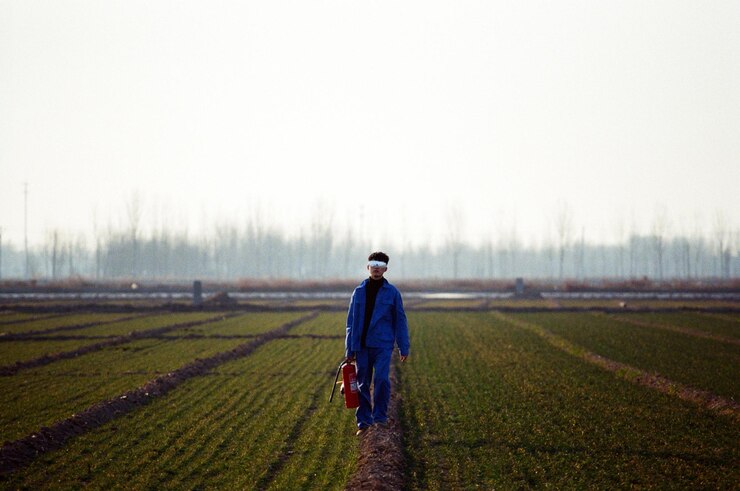The future of agriculture is poised at a critical juncture, facing major issues that demand innovative solutions for sustainable food production. This blog delves into key challenges shaping the agricultural landscape and explores potential strategies to ensure a resilient and thriving future.
Climate Change and Agriculture
Climate change poses a formidable threat to agriculture, with unpredictable weather patterns, extreme temperatures, and shifting precipitation impacting crop yields. Adapting to these changes requires the implementation of resilient farming practices, precision agriculture, and the development of climate-resistant crop varieties.
Water Scarcity
The increasing demand for water, coupled with changing precipitation patterns, has led to water scarcity in many regions. Sustainable water management practices, such as drip irrigation and rainwater harvesting, are essential to mitigate the impact of water scarcity on crop production.
Technology Integration
The rapid advancement of technology presents both opportunities and challenges for agriculture. Embracing precision farming, artificial intelligence, and smart farming practices can enhance productivity, but it also requires addressing issues related to data privacy, digital literacy, and equitable access to technology.
Soil Health
Depleting soil health is a pervasive issue affecting agricultural productivity. Implementing regenerative agriculture practices, cover cropping, and organic farming methods can help restore and maintain soil fertility, ensuring long-term sustainability.
Biodiversity Loss
The monoculture prevalent in modern agriculture contributes to biodiversity loss, affecting ecosystems and jeopardizing food security. Encouraging agroecological approaches, conservation farming, and the protection of natural habitats can promote biodiversity and strengthen the resilience of agricultural systems.
Food Waste
A significant challenge in the agricultural supply chain is food waste, from farm to consumer. Addressing this issue requires improved logistics, storage facilities, and consumer awareness campaigns to reduce wastage and ensure efficient resource utilization.
Global Trade and Food Security
International trade plays a crucial role in food security, but it also exposes the agricultural sector to global market fluctuations and supply chain disruptions. Strengthening local food systems, promoting sustainable agriculture, and implementing fair trade practices are essential for ensuring food security in a globalized world.
In conclusion, navigating the future of agriculture requires a multifaceted approach that integrates sustainable practices, technological innovation, and global cooperation. By addressing these major issues head-on, the agricultural sector can build resilience, promote environmental stewardship, and secure the foundation for a food-secure future.




